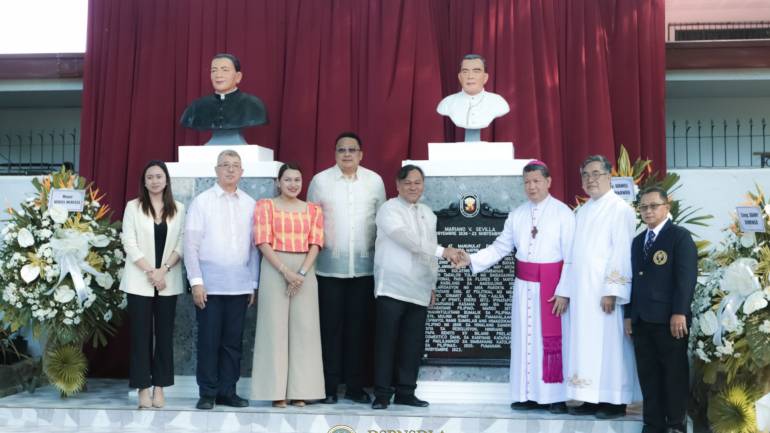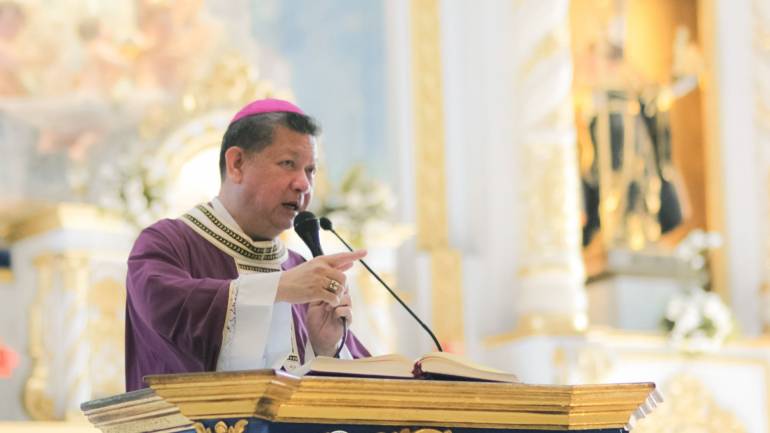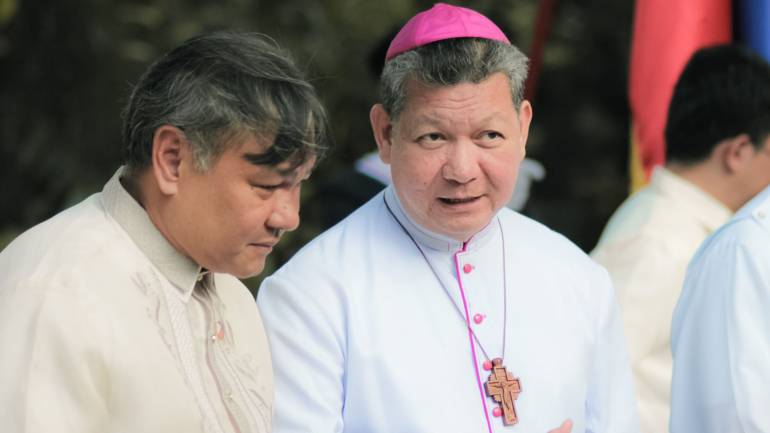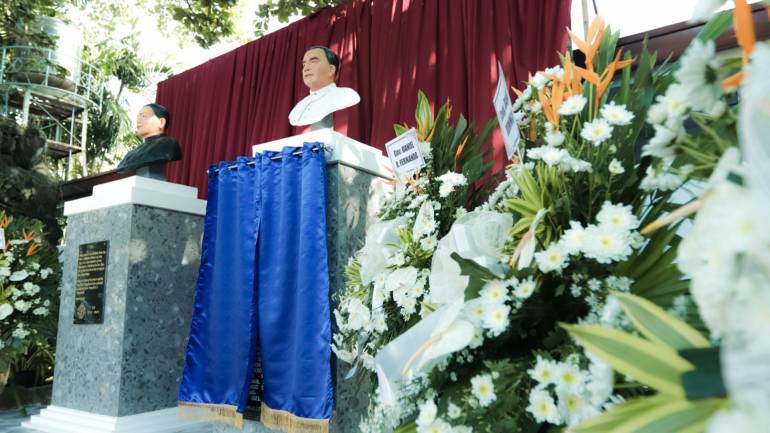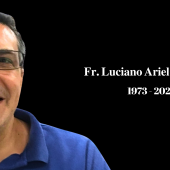Filipino founder of ‘Flores de Mayo’ tradition honored on his 100th death anniversary
The Catholic Church in the Philippines marked the centennial death anniversary of a Filipino priest credited with pioneering the tradition of offering flowers to the Blessed Virgin Mary during the entire month of May.
Msgr. Mariano Sevilla from the Province of Bulacan is credited as the one who spread the practice of ‘Flores de Mayo,’ particularly when he translated the 1785 book of Italian Italian Jesuit Alfonso Muzzarelli entitled ‘Il Messe di Maggio consacrato a Maria Santisima’ (The Month of May is offered to Blessed Mary) into the native Tagalog language.
His translation was first published in 1867 with permission from the Archbishop of Manila.
The centennial of his death on November 23 was commemorated by the unveiling of a historical marker in the Parish of Our Lady of the Assumption in Bulacan, where his booklet was used by the faithful for the first time.
The marker was commissioned by the National Historical Commission of the Philippines (NHCP) in the presence of government officials and Church leaders.
Malolos Bishop Dennis Villarojo, who led a Holy Mass in honor of Msgr. Sevilla, said that the current generation has to preserve Flores de Mayo for the sake of young people.
“We thank Father Mariano for starting this practice… we honor his memory by continuing Flores de Mayo,” he said.
Aside from translating Muzzarelli’s book, Msgr. Sevilla also added short Tagalog poems in his version that are sung when flowers are being offered to the Virgin Mary.
Moreover, the foundation of Hijas de Maria was credited to him. This organization, usually composed of young girls, is known for organizing Flores de Mayo in local parishes and towns.
Flores de Mayo was officially recognized by Pope Pius VII in 1815 and 1822.
Because of his religious accomplishments and loyalty to the Church, Msgr. Sevilla was awarded the ‘Prelado Domestico’ (Domestic Prelate) by Pope Benedict XV, which gave him permanent honorary membership in the papal household.
In addition to his contribution to the Church, Msgr. Sevilla is also considered a nationalist, as he fought for the civil and political rights of Filipinos during the final years of Spanish rule in the country.
As a result, the priest was implicated in a rebellion and was imprisoned in January 1872. He was also exiled to the then-Spanish-occupied Marianas Islands in March 1872, along with other Filipino nationalists.
He was returned to the Philippines in 1874 but was incarcerated once again because of suspicion of his involvement in the 1896 Philippine Revolution.
Msgr. Sevilla died in 1923 and was laid to rest in the Catholic Cemetery of the Parish of Our Lady of the Assumption in Bulacan, where it remains to this day.- Luke Godoy
Radio Veritas Asia (RVA), a media platform of the Catholic Church, aims to share Christ. RVA started in 1969 as a continental Catholic radio station to serve Asian countries in their respective local language, thus earning the tag “the Voice of Asian Christianity.” Responding to the emerging context, RVA embraced media platforms to connect with the global Asian audience via its 21 language websites and various social media platforms.





